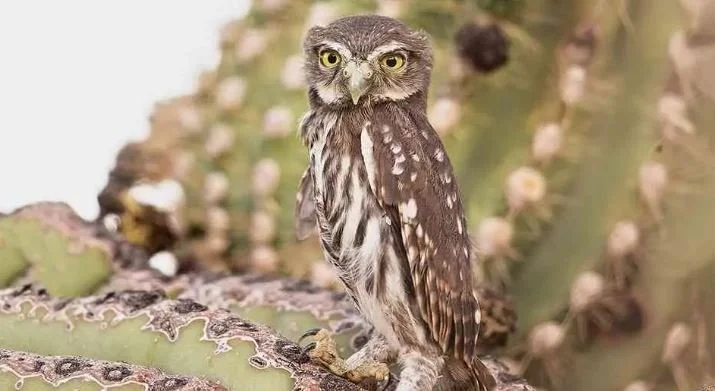The Sacred Suckers of Tule Lake
The American West is into its third year of drought, most obviously expressed later in the season when wildfires overwhelm the landscape with flame and smoke. The other salient feature of drought is a lack of water, which has become more of a perennial problem.
Tule Lake in northern California is feeling it. The once-vast body of water has been shrinking, so much so that the lake is expected to run completely dry this summer, the first time in recorded history. This will profoundly affect local farms, migratory birds, and other forms of life that depend on water (i.e., all of them). Most immediately the drought threatens two endangered fish already on the brink of extinction.
“When we realized things were going to dry up, we started moving the fish,” Danielle Hereford, a fisheries biologist with the US Bureau of Reclamation, told the San Francisco Chronicle. “Obviously, if we don’t catch them, they’re going to die.”
Hereford and fellow scientists have spent more than a month trawling through what little open water remains in the Tule Lake National Wildlife Refuge, netting sucker fish and trucking them to nearby holding ponds, a project that has all the feel of rearranging deck chairs on the Titanic.
Going down with this ship are the shortnose sucker (Chasmistes brevirostris) and the appropriately named Lost River sucker (Deltistes luxatus). The fish – both sacred to Klamath Tribes – were once plentiful, but a century of development has brought the species’ populations down to under 30,000, total.
The next victims of the Great Desiccation are migratory birds. Normally hundreds of thousands of white-fronted geese, western grebes, northern shovelers, and mallards use these erstwhile wetlands to rest, breed, and molt. Spring surveys by the Fish and Wildlife Service show that just 20% of the usual half-million birds will come through Tule Lake and nearby Lower Klamath Lake, which is also expected to dry up this year. Where will they go?
Photo credit: Carlos Avila Gonzalez / The Chronicle







